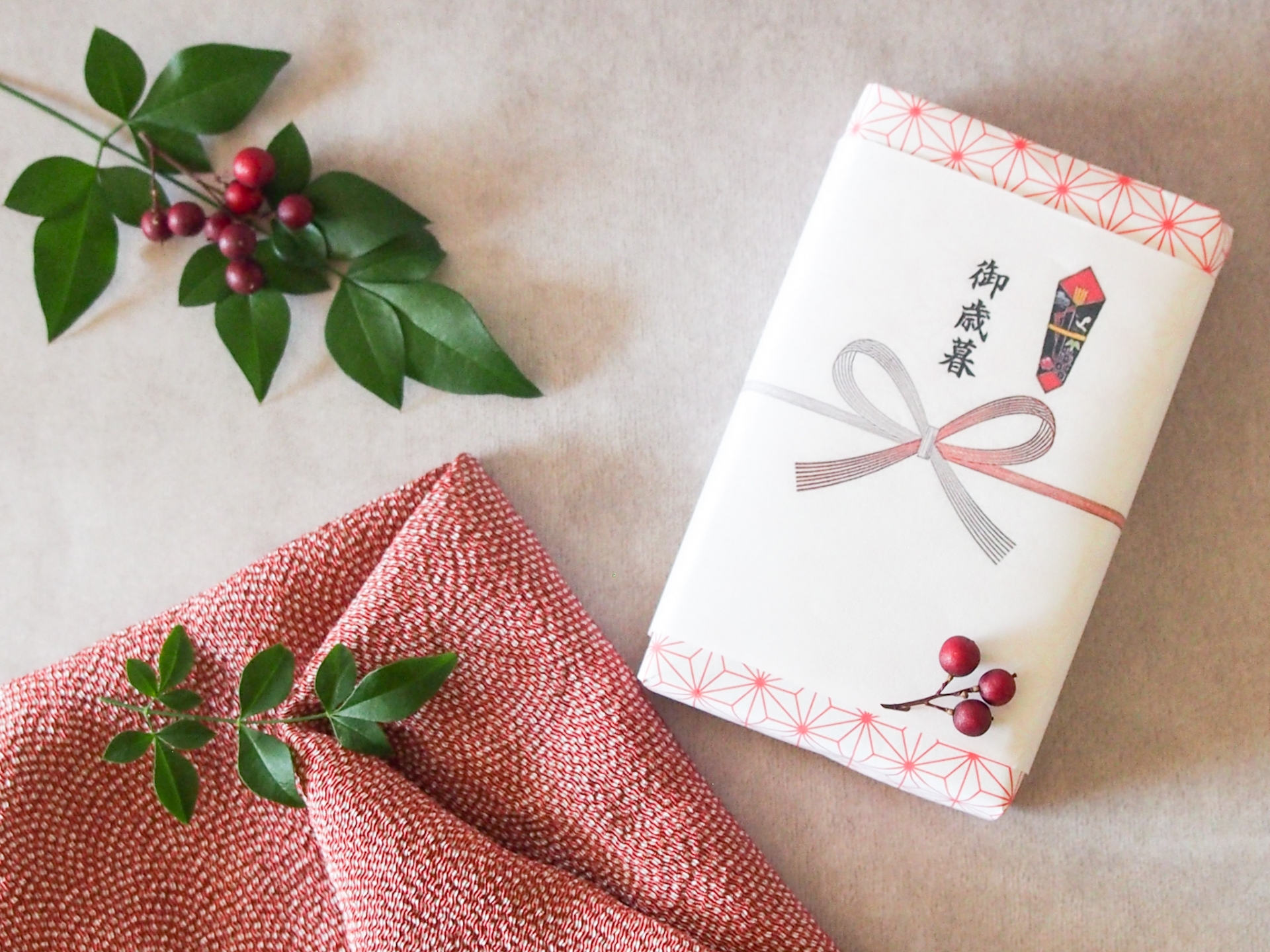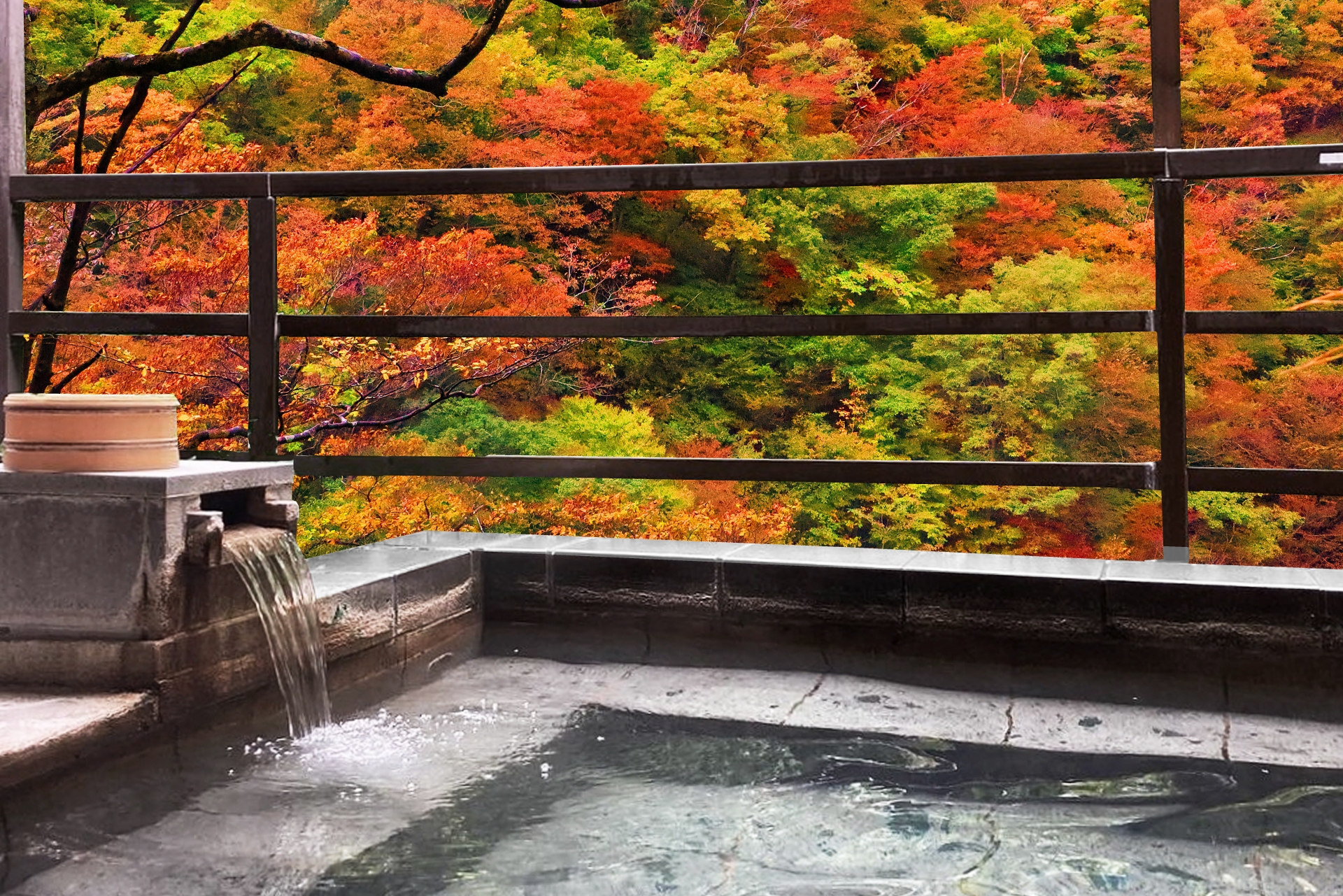
Mao Goto is a Japanese freelancer who was born in Hayama, Kanagawa prefecture, and raised in Tokyo. Since 2016 she lives in the Taito Ward, home to a lot of Japanese culture hotspots such as Asakusa, Akihabara, and Ueno. She has been interested in the field of English education in Japan and got her Master’s degree in March 2020. A lover of photography, travel, sweets, and cross-stitch. Contact her via Facebook.
This post may contain some affiliate links. When you click through and make a purchase we may receive some commission, at no extra cost to you.
Gift-giving is an act of showing gratitude and appreciation to people who have taken care of you, and it is common worldwide. But did you know that in Japan, the culture of giving gifts to close friends and superiors is deeply rooted in the months of July and December? Gifts given in the hot summer month of July are called “Ochūgen (御中元),” while gifts given in the cold winter month of December are called “Oseibo (御歳暮).” So what exactly are Ochūgen and Oseibo, and where does this tradition come from? In this article, we will take a closer look at these two aspects of Japanese gift-giving culture.
1. What are “Ochūgen” and “Oseibo”?
Simply put, Ochūgen and Oseibo are customs of giving gifts to express gratitude to those who have cared for us. It is considered a culture that has taken root in Japan for a long time. Both have similar purposes. The difference between Ochūgen and Oseibo resides in the timing and type of gifts. It is said that the time of year for Ochūgen is from late June to July 15, while the time of year for Oseibo is from early December to the 23rd. During these two seasons, department stores and gift delivery websites start selling and delivering various gift items.
2. The history of Ochūgen and Oseibo
It is said that Ochūgen originally came from China. Since ancient times, the Chinese Taoist calendar had three holidays, 上元 (jōgen), 中元 (chūgen), and 下元 (kagen). The day of chūgen was July 15, which was considered to be the birthday of the god who forgives you of all your sins. In order to thank the god, Chinese people began to celebrate by making offerings to the god. This event was introduced to Japan and combined with the already existing culture of 盆礼 (Bonrei), which is a culture of visiting and giving gifts to parents and relatives during the Bon Festival and is said to have been the origin of the Japanese culture of Ochūgen.
On the other hand, it is said that the history of Oseibo dates back to the Muromachi period. The day of Kagen, mentioned above, was October 15, which in China was considered the birthday of a god who exorcised evil spirits. Again it was celebrated with offerings to show their gratitude to the god. In Japan, it is said that there was already a custom of taking offerings made in the New Year to the gods and ancestral spirits as a sign of gratitude to neighbors and the head family at the end of the year, which may have been connected with the Chinese Kagen Day Event and have started the culture of Oseibo.
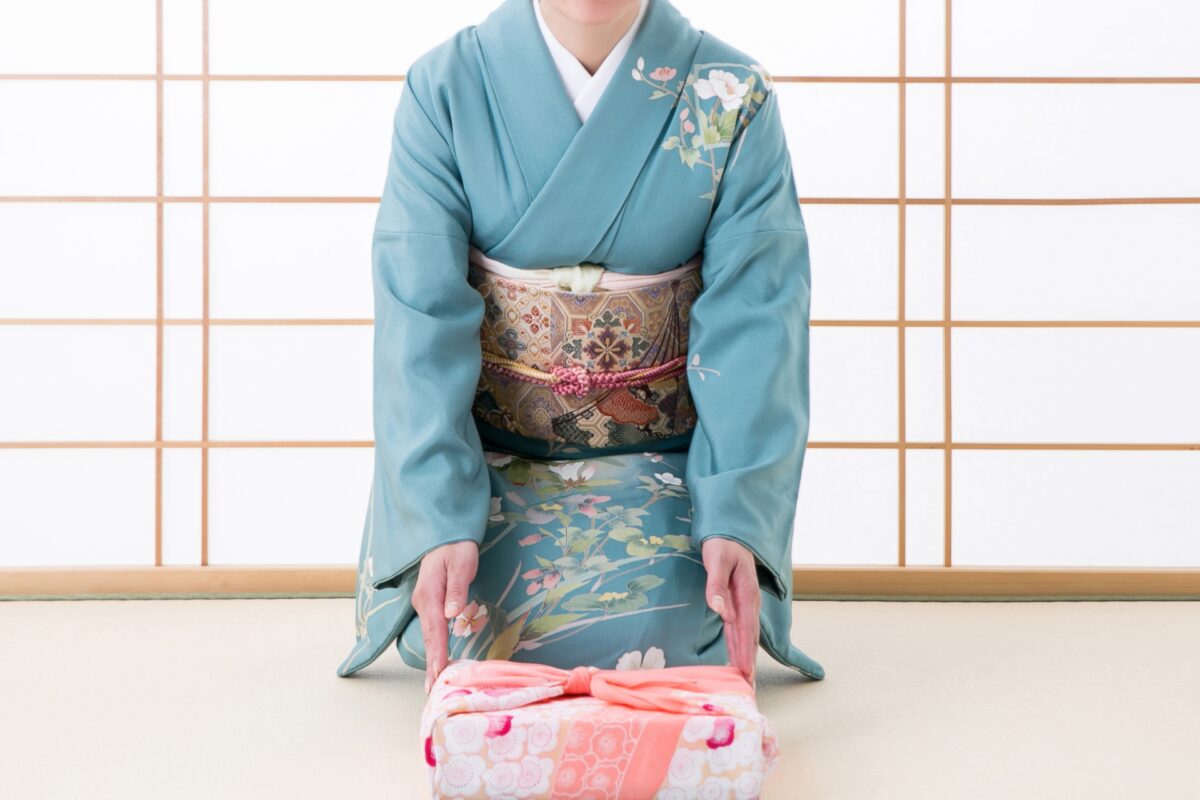
3. Rules of sending gifts for Ochūgen and Oseibo
In fact, there are many rules when sending an Ochūgen or Oseibo gift. If you do not follow these rules, your good intentions may be considered rude rather than a sign of gratitude. Here are two rules to follow in order to avoid that.
Gift recipients
Gifts should be given to parents, relatives, friends, bosses, teachers of your alma mater, and anyone else you feel indebted to or grateful for. However, be aware of the type of work the receiver of your gift does. Some companies prohibit giving gifts to colleagues or superiors, so you should check with the company beforehand to avoid unpleasant situations. In addition, giving gifts to politicians, public officials, and government employees may be considered bribery, so it is great to avoid giving them gifts.
Selecting a gift
Of course, when selecting a gift, choosing something you think the receiver will enjoy is great. Suppose you are not sure of the receiver’s tastes. In that case, it is safe to give seasonal gifts representative of Ochūgen or Oseibo gifts. However, be aware of the meaning of some gifts, such as cutlery or scissors, which mean “severing ties.”, not a good message to send to a dear colleague, right? Giving money or any gift card to your superior is unacceptable either. Why do you ask? Well, because it could mean that, in your eyes, they are poor. There are other gifts to avoid since Japan gives a lot of importance to the meaning behind every gift. So, choose with caution!
4. Popular gifts as Ochūgen and Oseibo
This chapter will introduce standard products as mid-year and year-end gifts. Commonly, most of the gifts are seasonal products.
Popular gifts for Ochūgen
Jelly
Jellies are great sweets for Ochūgen in Japan, as they taste great and have that chilling sensation that is ideal during the hot summer here in Japan.
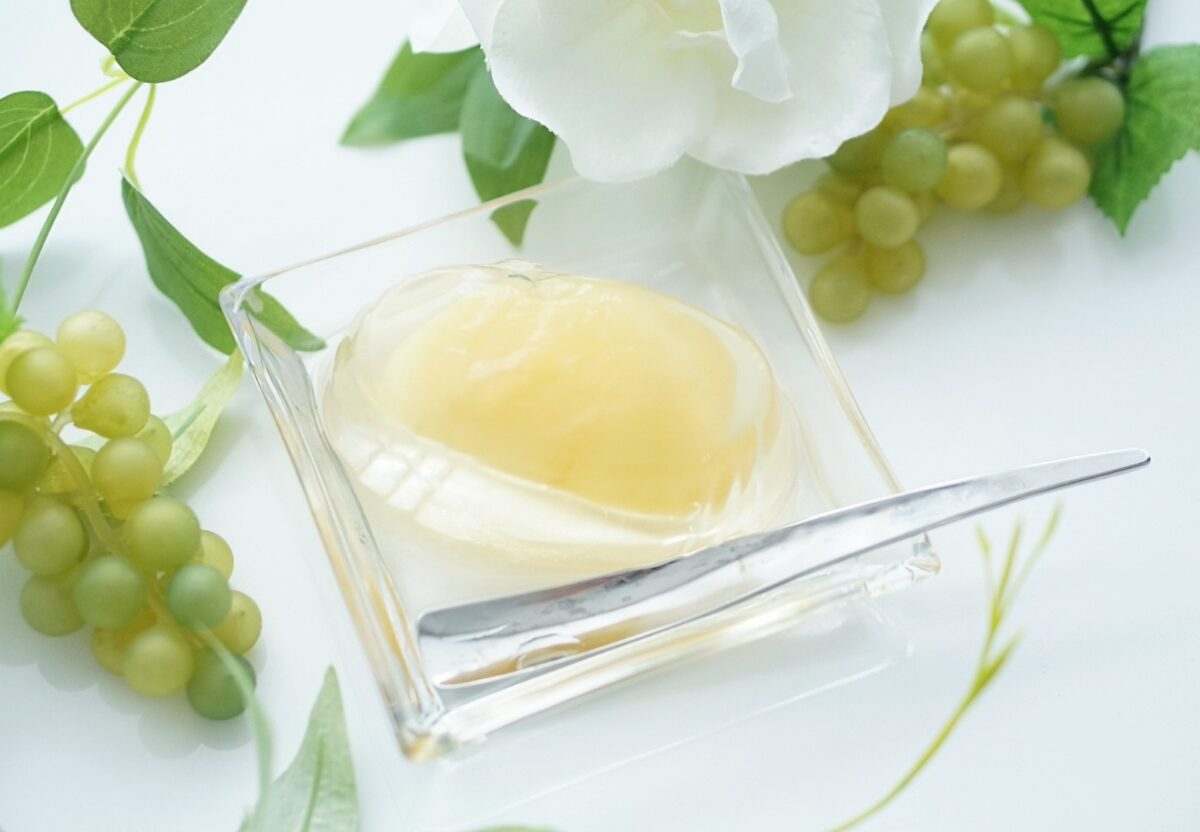
Beer
Beer is also very popular as a mid-year gift (and all year long). Various Japanese beer brands sell their beer as an Ochūgen. Nothing tastes better on a hot summer night after work than a fresh beer.
Popular gifts for Oseibo
Ham, Sausage, and Bacon
Ham, sausage, and bacon gifts are standard Oseibo gifts because they are easily preserved for a long time and can be used in a variety of dishes. They can also be a great winter dish when added to a stew with various vegetables.
Nabe
One of the most popular dishes in the cold winter is nabe (hot pot). Eating nabe is a great way to warm up your body at once. Set gifts include sauce and ingredients. It just needs to be put together, and you get a delicious warm hot pot ready to eat. There are different types of hot pots, such as motsu nabe, fugu nabe, shabu shabu, and the famous sukiyaki.
In this article, we took a closer look at the Japanese gift culture of Ochūgen and Oseibo. Gift giving in Japan is very important, and who doesn’t like to receive gifts, right? And if you know any Japanese person you get along with, try surprising them with an “Ochūgen” or “Oseibo” gift.
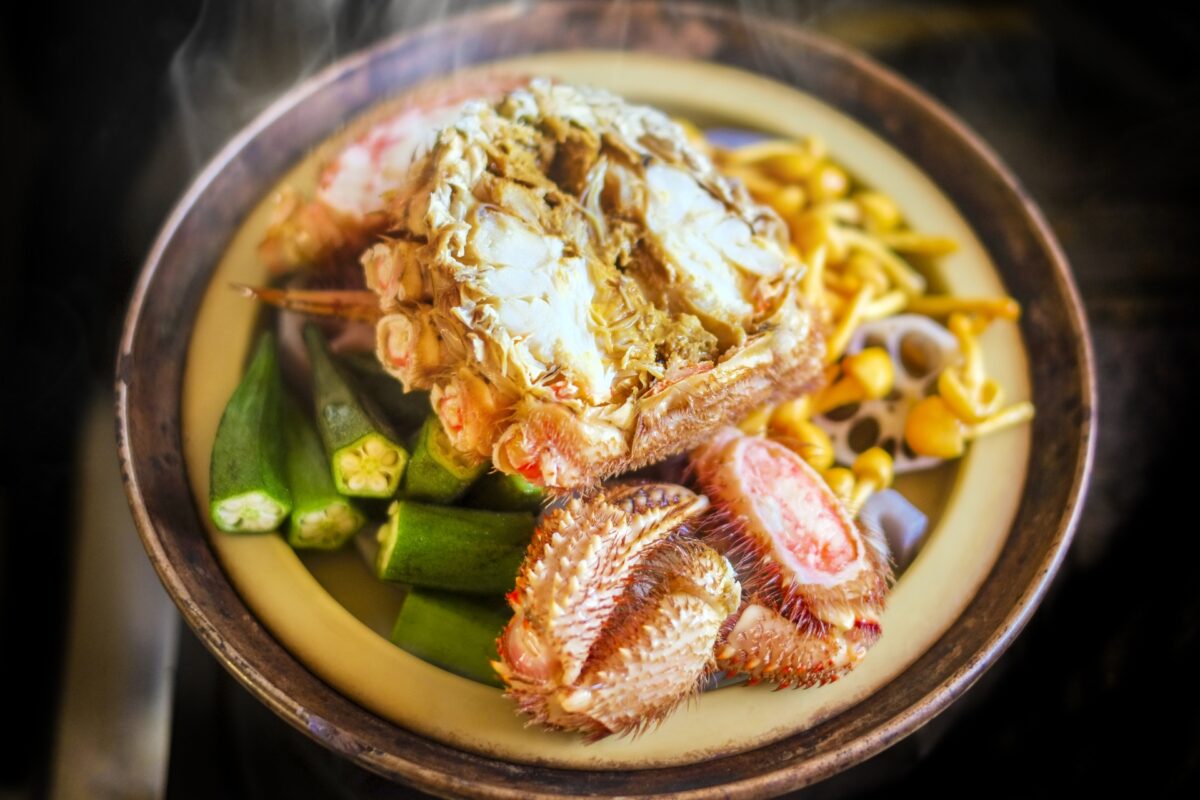
Japan Wonder Travel Tours
Japan Wonder Travel is a travel agency that offers guided tours throughout Japan.
From private walking tours to delicious Food and Drink tours, we can help you organize the best tours just for you! If you want to explore Japan and learn more about the history and backstories of each area you are visiting, our knowledgeable and friendly English speaking guides will happily take you to the best spots!
In addition, we can provide you with any assistance you may need for your upcoming trip to Japan, so please feel free to contact us if you have any questions or need some help!
▶Tokyo Tsukiji Fish Market Food and Drink Tour
Explore the most lively and popular fish market in Tokyo and try some of the local’s favorite street foods and sake with one of our friendly and knowledgeable English speaking guides!

▶Tokyo 1–Day Highlights Private Walking Tour (8 Hours)
There’s no better way to explore an area than taking a tour with a knowledgeable local guide. You will have the chance to learn about the history and interesting background stories of Tokyo, as well as discover some hidden gems which can be hard to do without a guide.
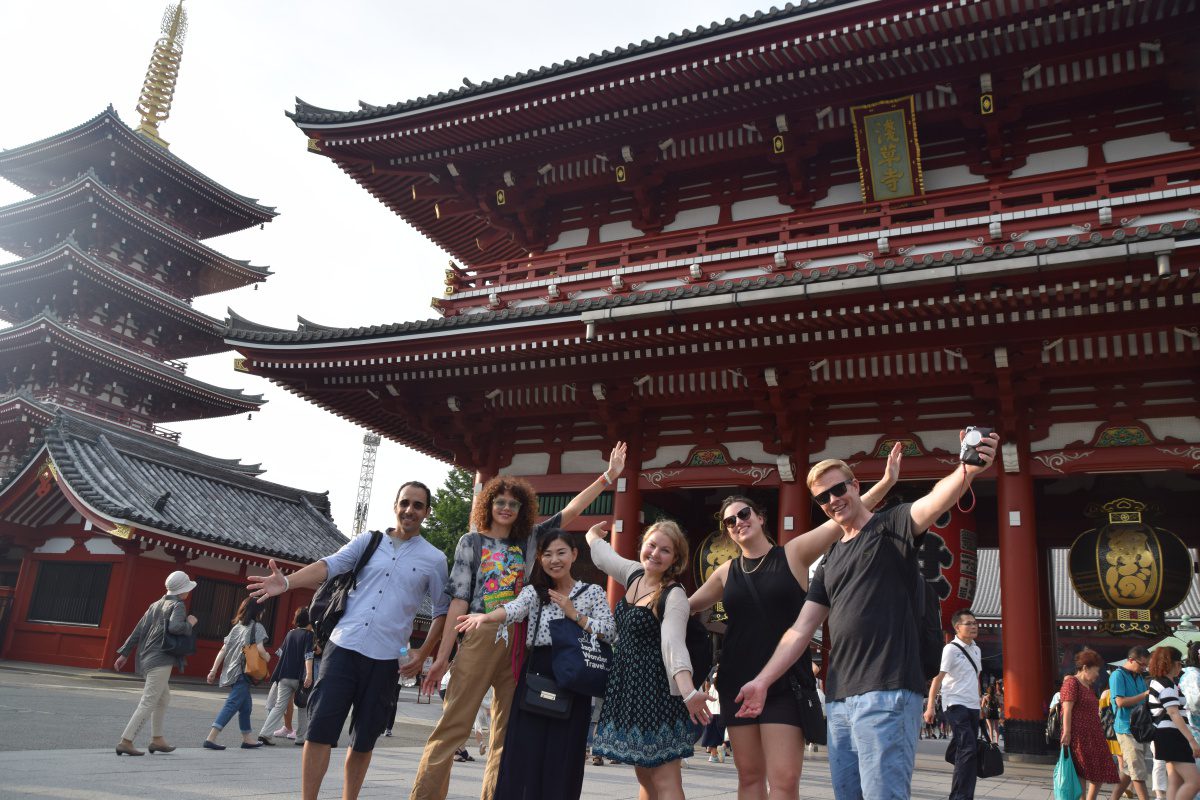
▶Mt. Fuji Day Trip Bus Tour from Tokyo
Experience the breathtaking views of Mt. Fuji by visiting the highlights of the area on our guided sightseeing bus tour! Departing from Shinjuku in central Tokyo, you can travel comfortably to all of the best spots in the area by bus.
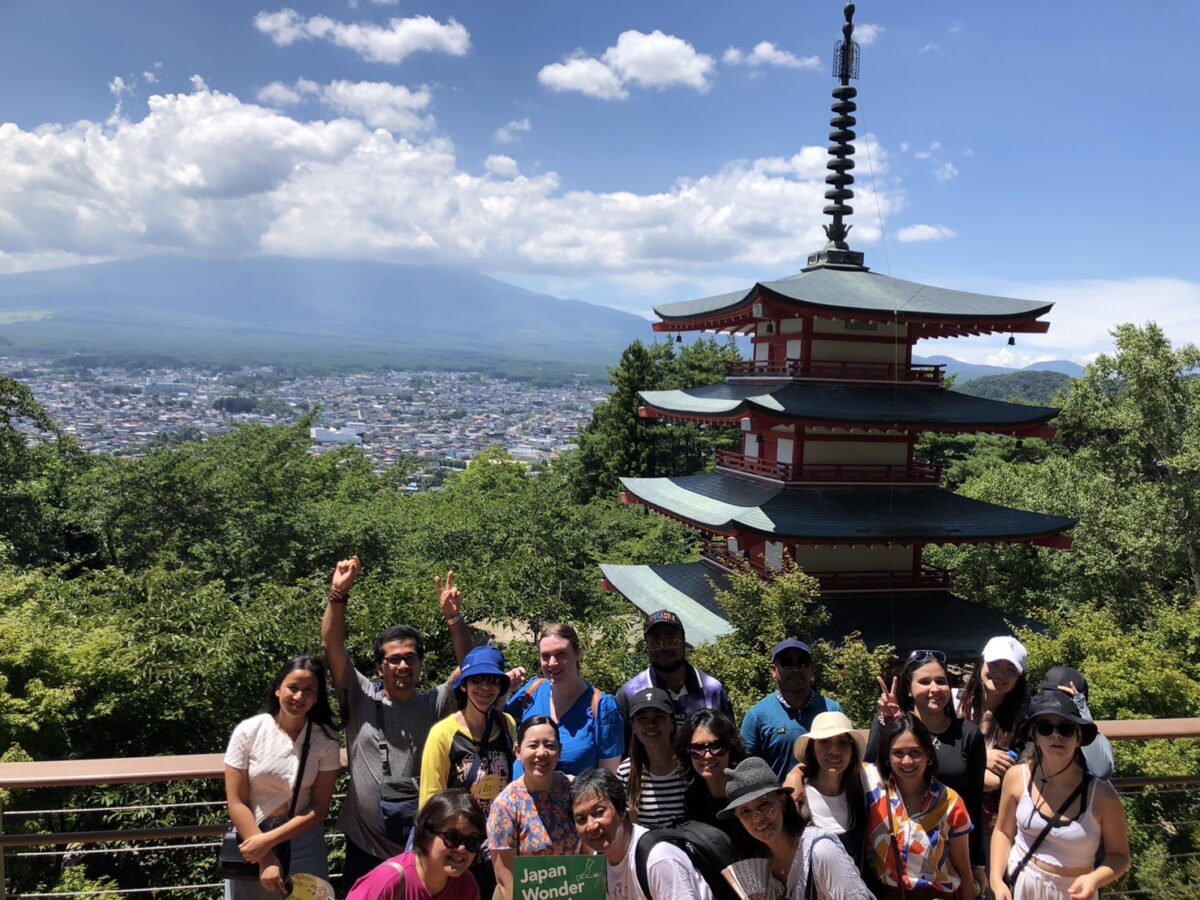
▶Kyoto Private Full Day Walking Tour
On this full-day private tour of Kyoto, you will be able to see the highlights of Kyoto in just one day and at the same time develop a deeper understanding of both the culture of the area and Japan as a whole.
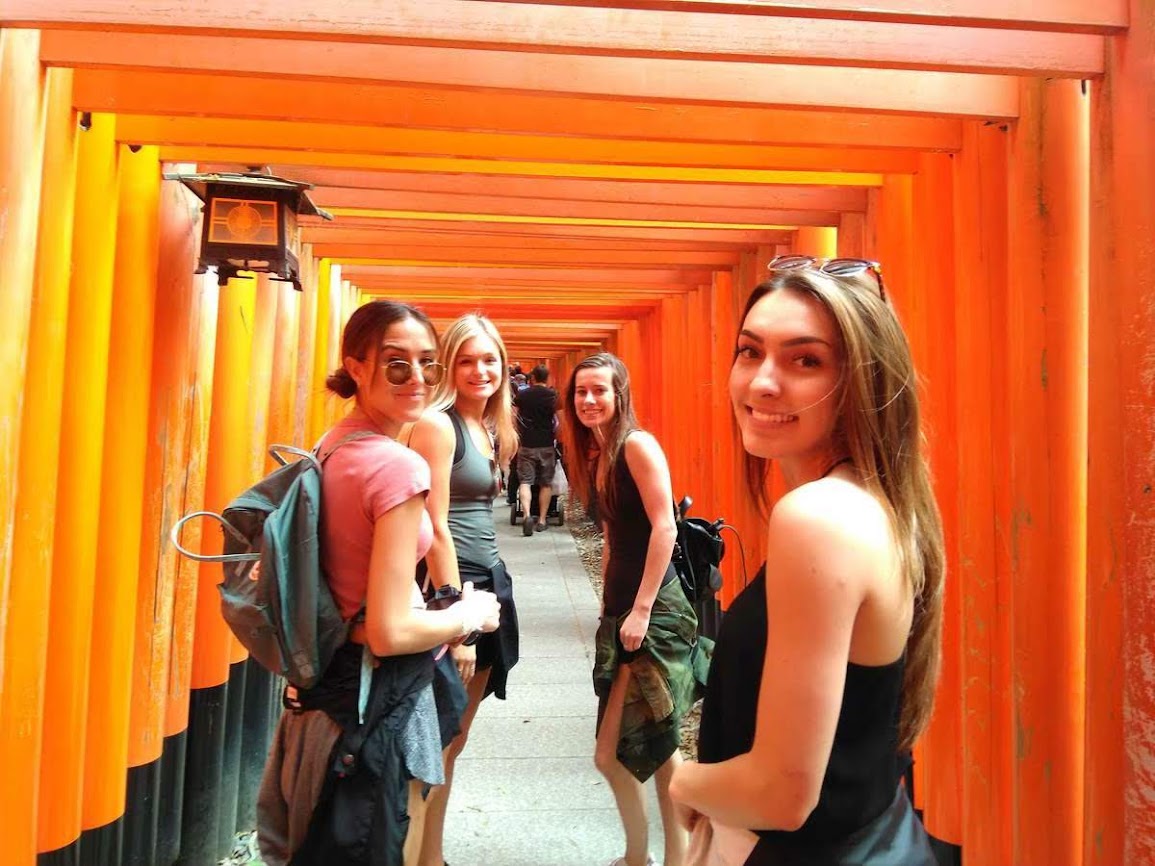
Follow us on Instagram, Facebook, Twitter, and TikTok for more travel inspiration. Or tag us to get featured!
Happy traveling!
Stay informed of the best travel tips to Japan, the most exciting things to do and see, and the top experiences to have with the Japan Wonder Travel Newsletter. Every week we will introduce you to our latest content.
